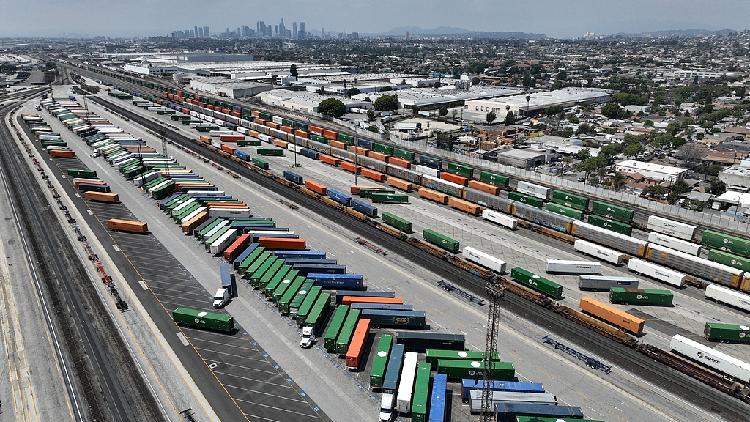EU criminalizes sanctions busting by member states
The European Council has adopted a new law that tightens sanctions enforcement. source:TROIB RTS

Carrying out prohibited transactions and trade with Russia will now be considered a criminal offence, according to a new law
The Council of the European Union adopted a law on Friday that criminalizes the violation and circumvention of EU sanctions.
According to a press release published on the council’s website, the law covers bloc-wide minimum rules for the prosecution of sanctions evasion.
“Certain actions will now be considered criminal offences in all member states, for example helping to bypass a travel ban, trading in sanctioned goods or performing prohibited financial activities,” the statement reads. Inciting, aiding and abetting these offences can also incur penalties.
According to the report, the directive will enter into force on the 20th day following publication in the Official Journal of the EU. Member states will have 12 months to incorporate the provisions into national legislation.
The European Commission proposed the directive in December 2022 in order to limit sanctions circumvention and tighten enforcement. The press release noted that the EU has adopted an “unprecedented number of restrictive measures” against Russia over the Ukraine conflict.
In February, Brussels adopted its 13th package of sanctions against Moscow ahead of the second anniversary of the beginning of the Ukraine conflict. The new sanctions restrict trade in dual-use goods, as well as technologies and electronic components that could be used by Russia’s defense industry.
READ MORE: EU’s Russia sanctions ‘massively circumvented’ – study
The previous measures target a broad range of sectors and include trade embargoes, travel bans, and individual sanctions against Russian businessmen and public officials.
Many reports have indicated that EU sanctions on Russia are being “massively circumvented” via third countries. Nations friendly to Russia have reportedly been re-exporting high-priority items to the country.
Find more stories on Business, Economy and Finance in TROIB business












